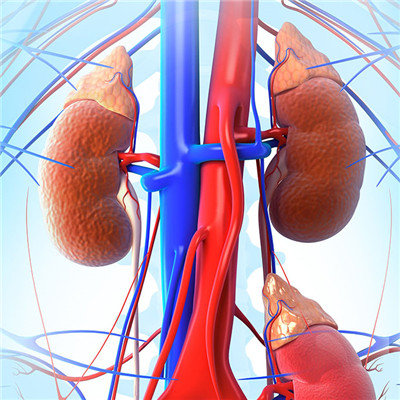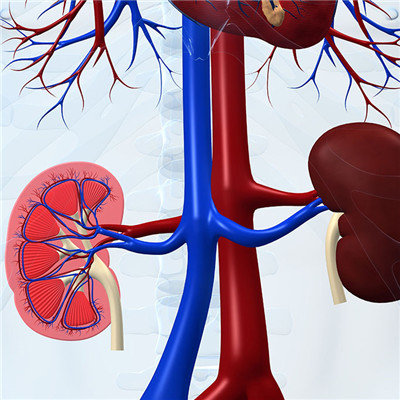Hydronephrosis in late pregnancy?
summary
Hydronephrosis is a disease in which the urine can not be discharged from the body through the bladder because of the obstruction between the kidney and the bladder. Hydronephrosis in pregnant women is closely related to pregnancy. Because after pregnancy, the uterus increases and rotates to the right, resulting in compression of the right ureter, so hydronephrosis in pregnant women is mostly physiological. This kind of hydronephrosis pain is generally not obvious, the pain often occurs on the right side, so it is best to choose the left lateral position when sleeping. Hydronephrosis in late pregnancy? Let's talk about it.
Hydronephrosis in late pregnancy?
1. The disease of hydronephrosis in pregnant women can be divided into two kinds, one is physiological hydronephrosis, the other is pathological hydronephrosis. The hydronephrosis of pregnant women is mostly physiological, the pain of hydronephrosis is generally not obvious, and the pain often occurs on the right side, while the pain of pathological hydronephrosis is strong.

2. Fetal compression during pregnancy is a common cause of hydronephrosis in women. Because the fetus in the womb, will inevitably oppress the female kidney, resulting in hydronephrosis of pregnant women. During normal pregnancy, there is often mild hydronephrosis and ureter, which will disappear after delivery.

3. Although hydronephrosis during pregnancy is normal, but if hydronephrosis is serious, it will also affect the renal function of pregnant women, so we should pay more attention. When sleeping, it is best to choose the left lateral position. Often lying on the back will increase the pressure of the fetus on the kidney, while the right lateral position will compress the heart.

matters needing attention
Although hydronephrosis is common in women during pregnancy, and it will disappear after delivery, we should also pay attention to the severity of hydronephrosis. If it is serious, it will also affect the renal function of pregnant women.











